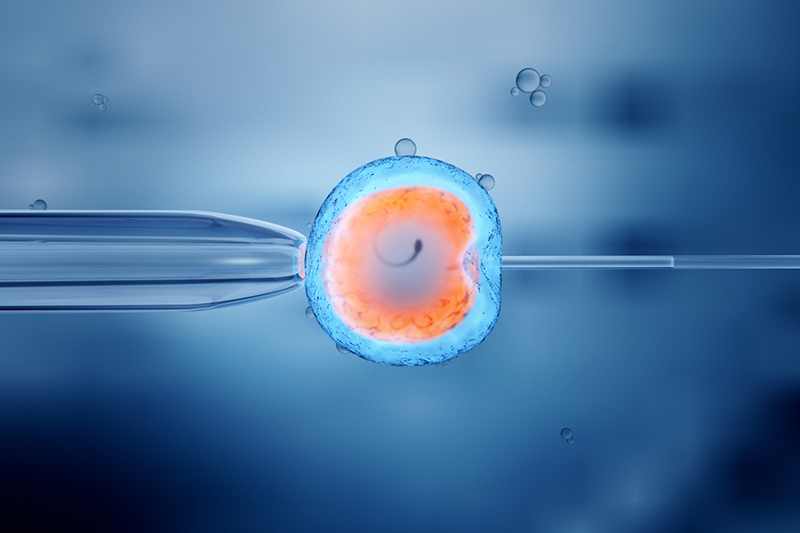Why more people are freezing their eggs

Finding the right time to start a family isn’t always easy. According to a CDC study, the average age of first-time mothers has climbed nearly five years since 1970 to 26.3 years in 2014.
For those who decide to wait longer, The American College of Obstetricians and Gynecologists emphasize that a woman’s ability to have babies declines gradually, but significantly around age 32, then more rapidly after age 37.
Some of the reasons for that decline include egg quality, quantity and hormonal changes. As women get older they are also at greater risk for disorders that can affect fertility.
Considering these factors, more women are deciding to freeze their eggs. The number grew more than sevenfold between 2009 and 2013 according to the Society for Assisted Reproductive Technology.
Improvements to the freezing procedure have been achieved, such as immersion in liquid nitrogen to more rapidly freeze the egg and therefore reduce the formation of ice crystals. The flash freezing technique is proving to better preserve the integrity of the egg itself. This and other improvements to the process are bringing the patient closer to the desired outcome of eventually becoming a parent, when the timing is right.
If you’re interested in learning more about egg freezing or speaking with a fertility specialist, contact the EVMS Jones Institute for Reproductive Medicine at 757.446.7100 or visit jonesinstitute.org.